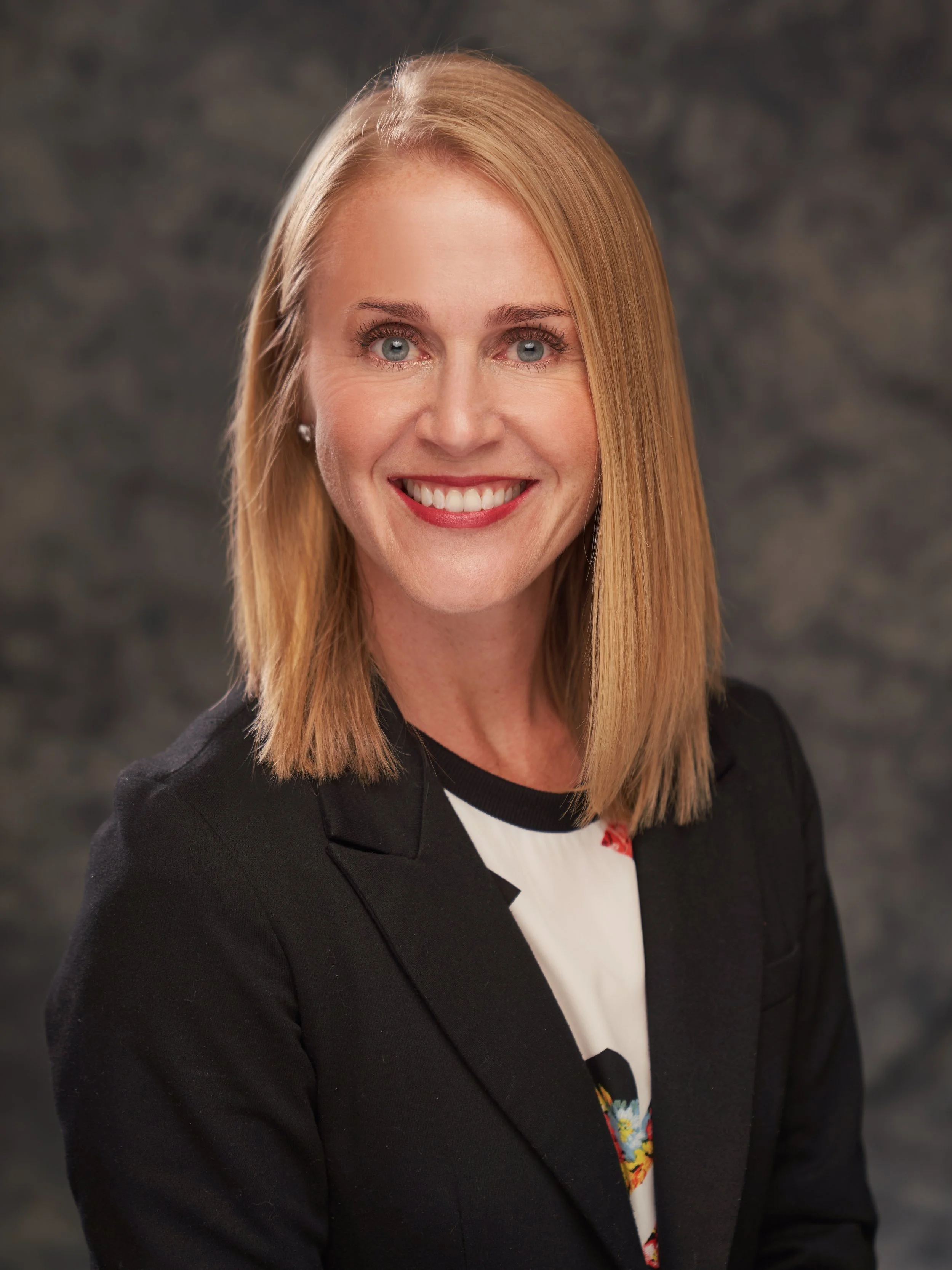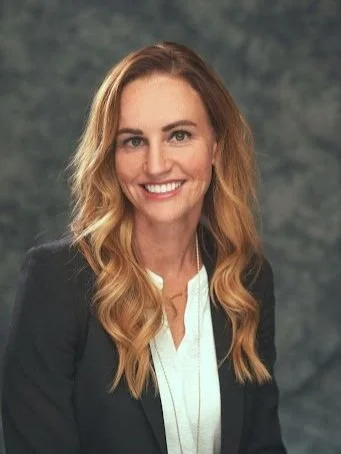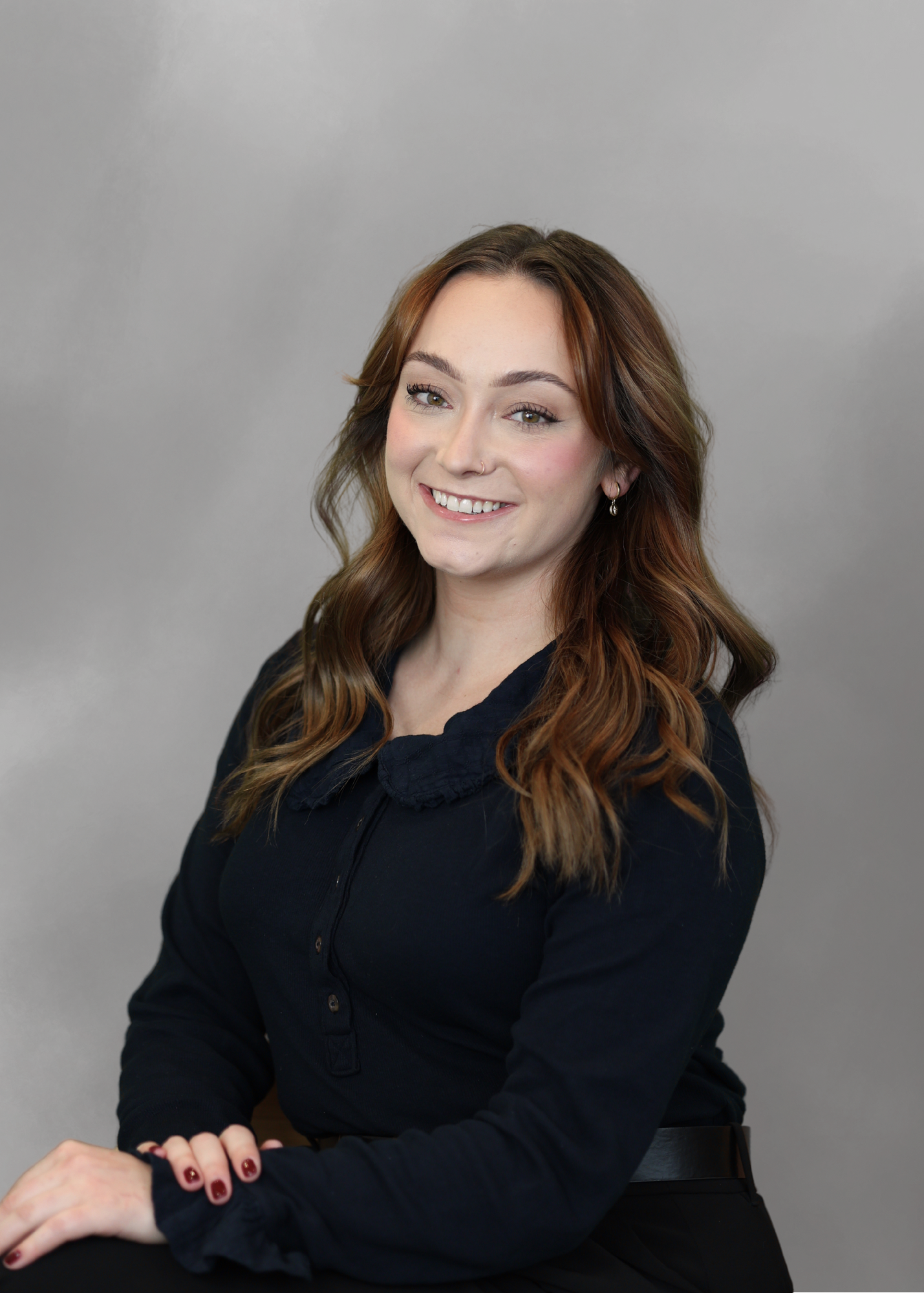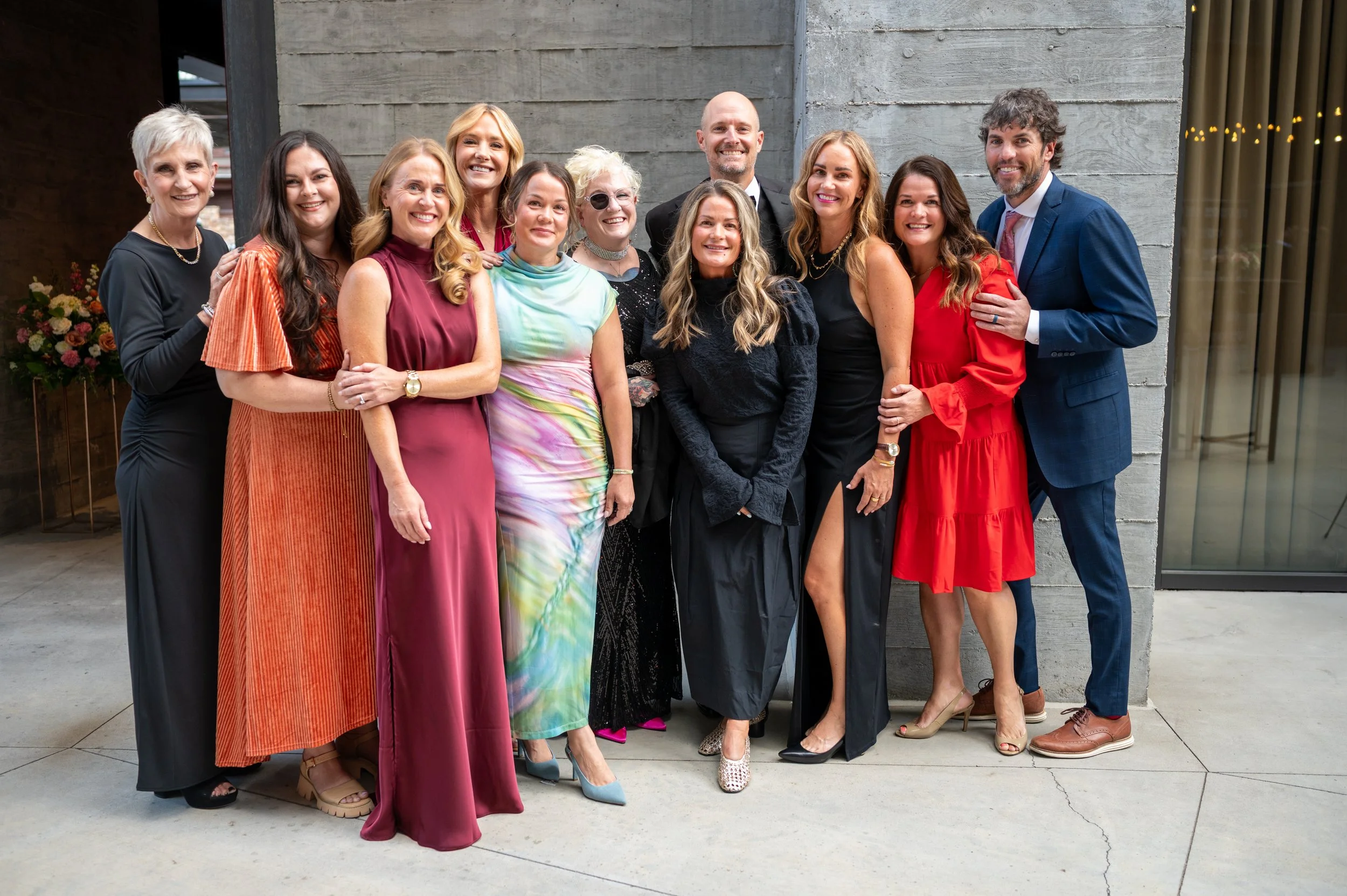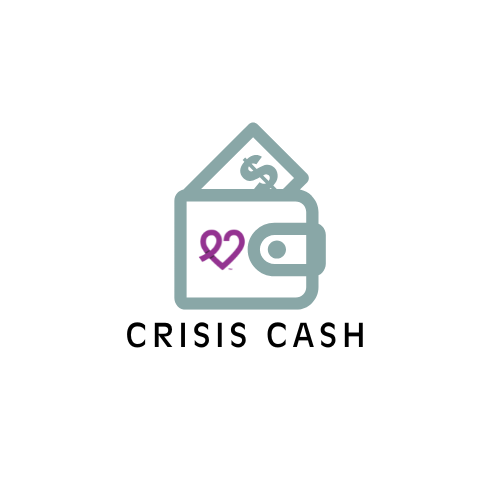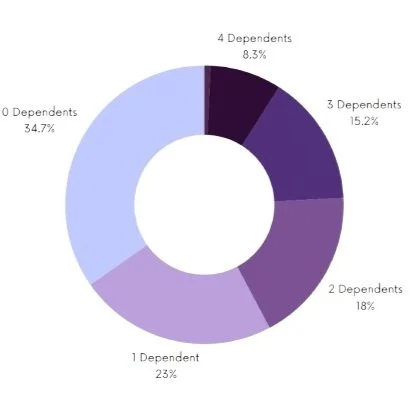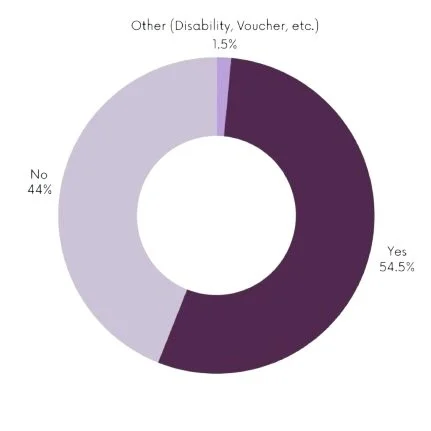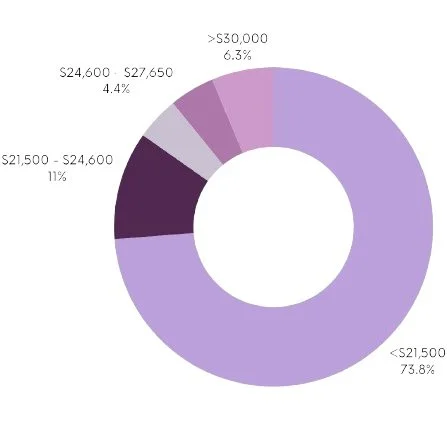OUR story
Fight Against Domestic Violence launched in February 2017. FADV believes that domestic violence is a public health issue that affects every sector of society. It is as pervasive as any other epidemic and just as costly. It continues to persist because of a shame and stigma associated around issues of private family violence. FADV is dedicated to cultivating corporate and individual partnerships to increase funds and awareness around issues of family violence.
FADV works with all domestic violence service providers in the state of Utah to support victim/survivors in bridging the gaps that prevent them from living their most safe and stable lives.
Meet our team
Executive Director
Advisory Director
Grant Director
Programming Director
Board of Directors
Adam Hepworth
Christy Hepworth
Jessie Richards
Jenny Andrus
Lyndsey Ekstrom
Keri Evans
Ryker Morris
Beverly Astin
Nicea DeGering
Ginette Bott
Taylor Vowles
Sarah Griener
Annual reports
FADV 990s
fadv’s impact
Safe housing is critical to a victim’s ability to leave an abusive relationship. Housing First provides fast, flexible housing assistance to survivors. In 2024, FADV distributed over $204,900 in direct housing support to 229 survivors and 331 children.
Programs
99% of victims experience financial abuse. Financial barriers often prevent victims from leaving or force a survivor to return to their abuser. Flex Fund provides individualized financial support to meet a survivor’s unique financial need. In 2024, FADV distributed $183,530 in emergency financial assistance to 287 survivors and 395 children.
The Crisis Cash program is FADV's earliest program. Crisis Cash provides small, unrestricted grants to Utah's service providers. Utah's 16 domestic violence service providers are severely under-funded and have faced recent cuts in federal funding. Crisis Cash gives providers the flexibility to respond to client demands and helps maintain critical staff. FADV's Crisis Cash program distributed $87,000 in 2024.
FADV Clients
Number of Dependents
65% had 1 or more dependent(s)
Employment Status
44% of FADV clients are not employed
Annual income
74% of FADV clients made less than $21,500 a year


